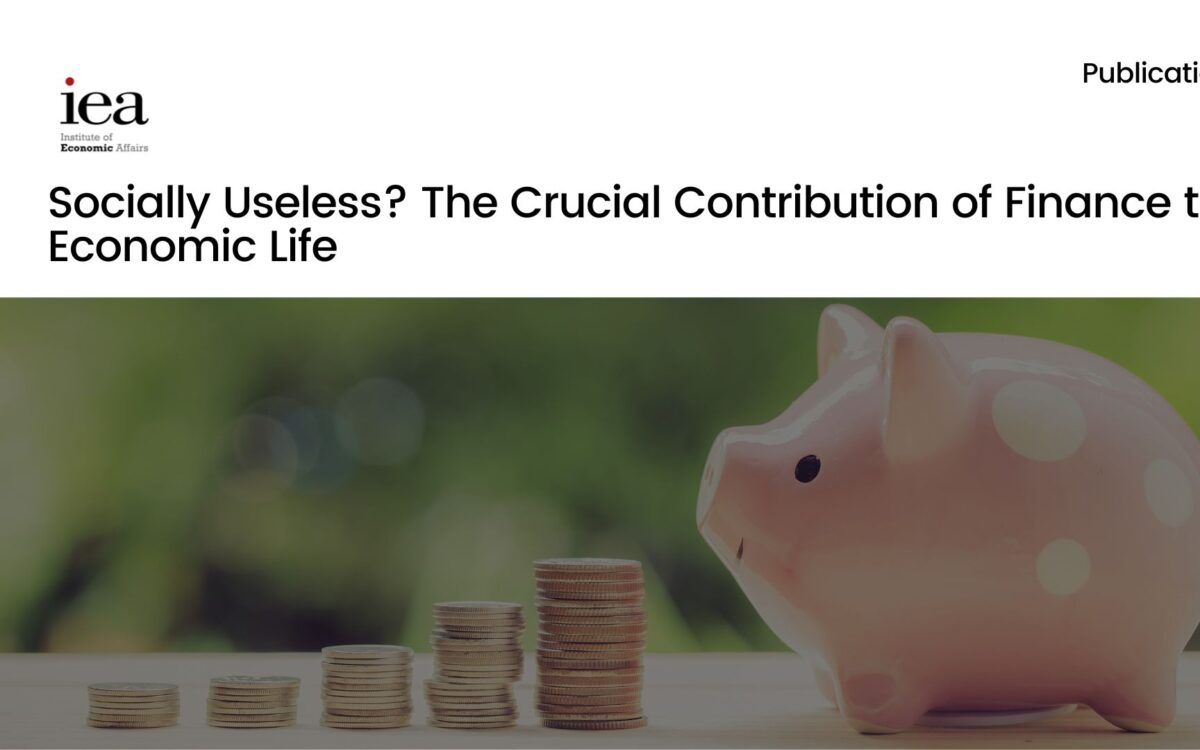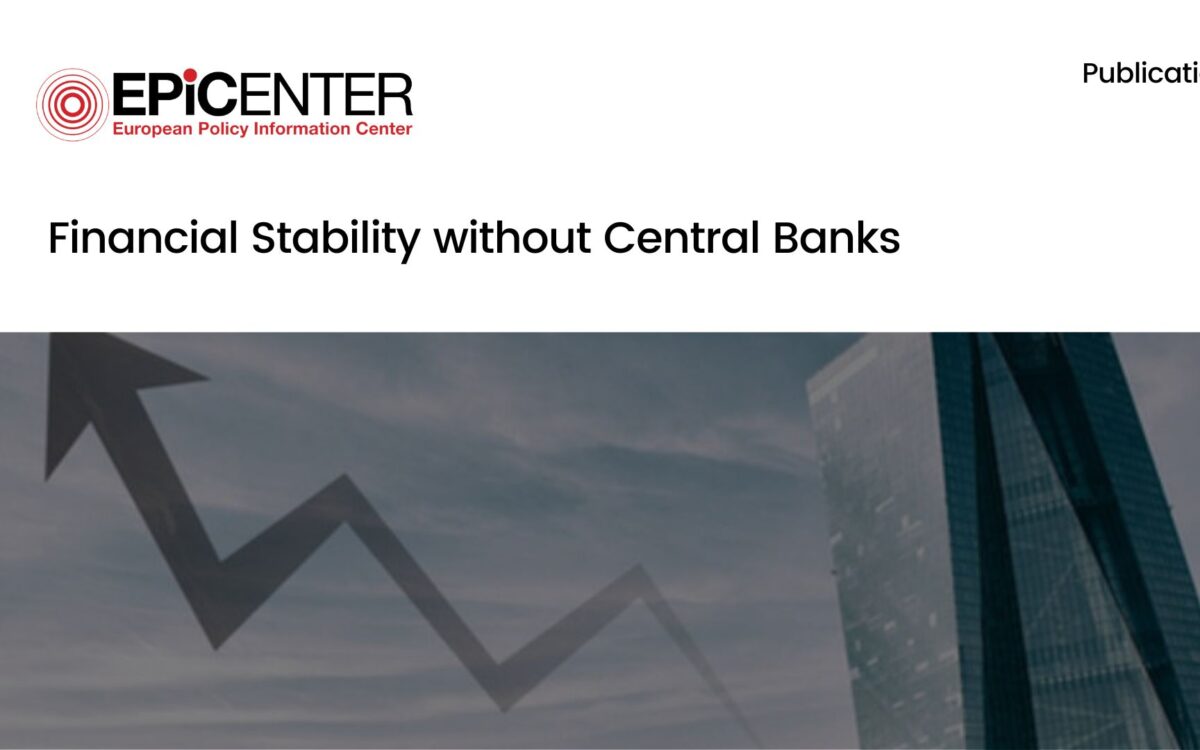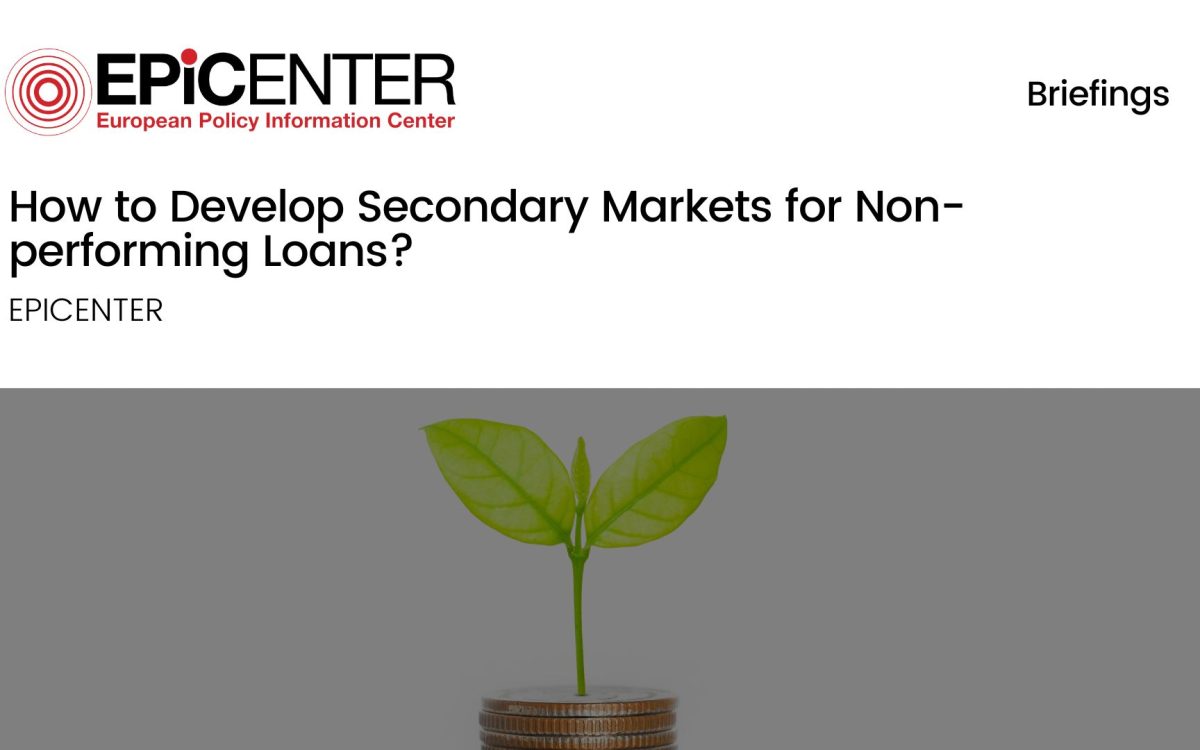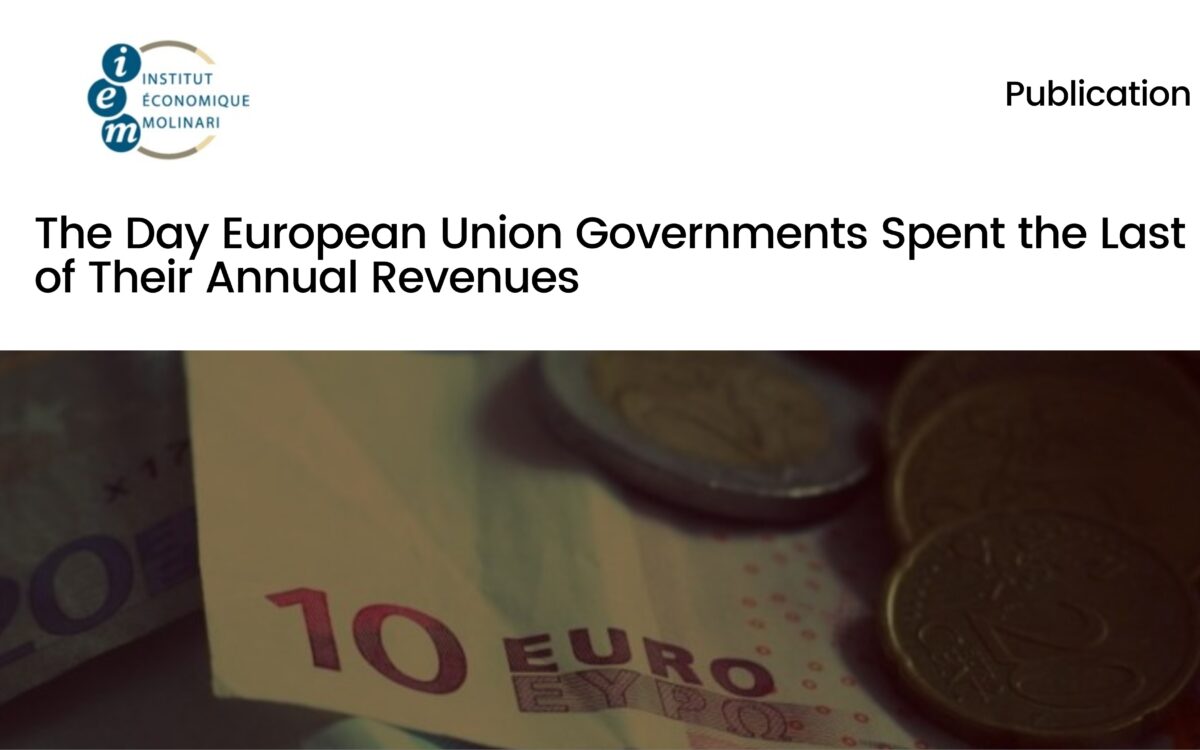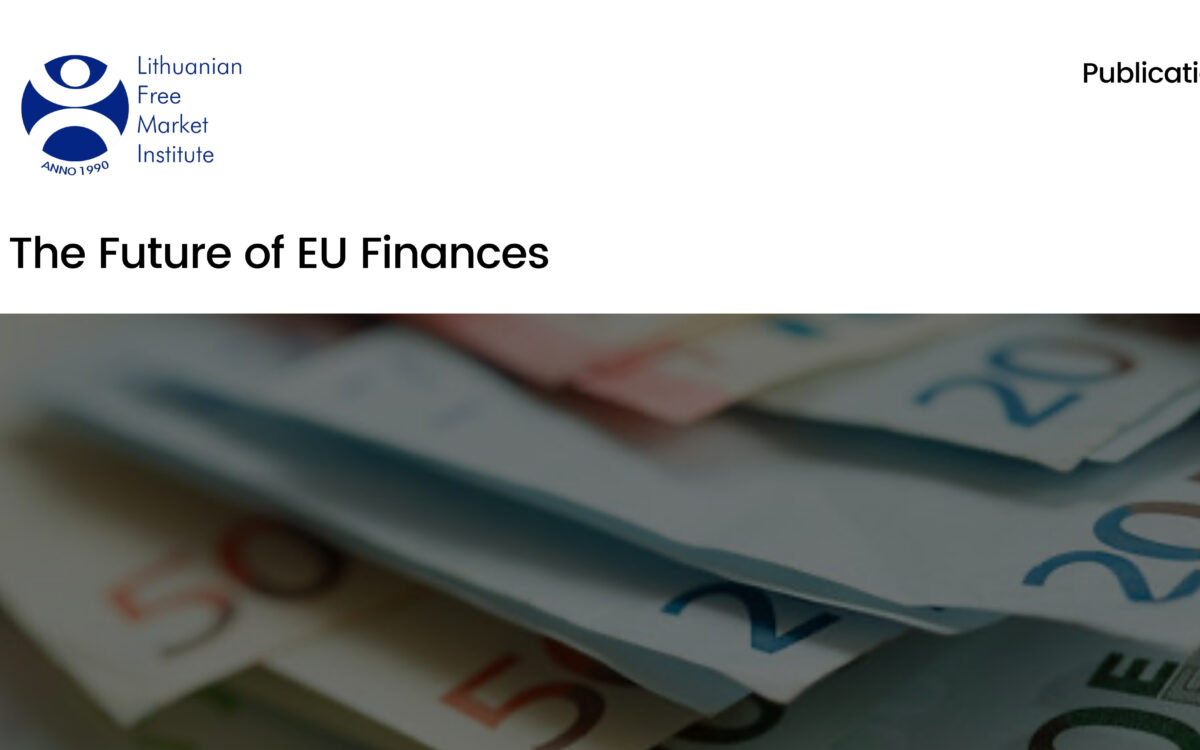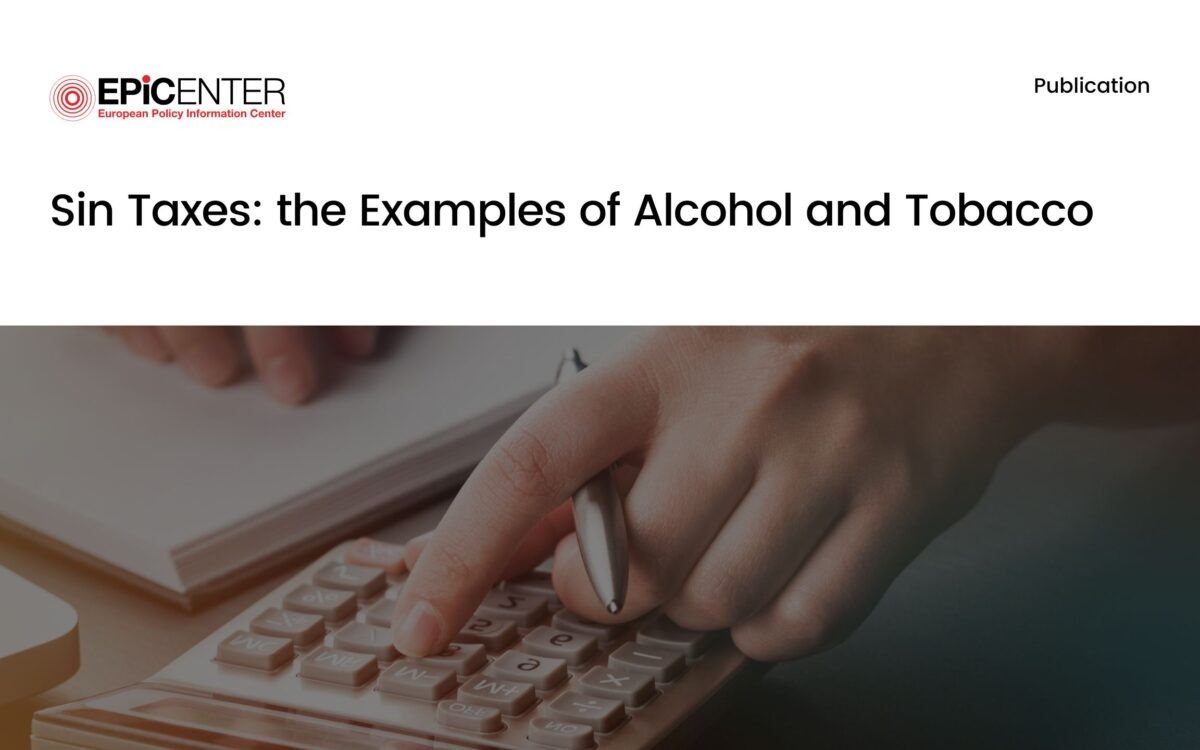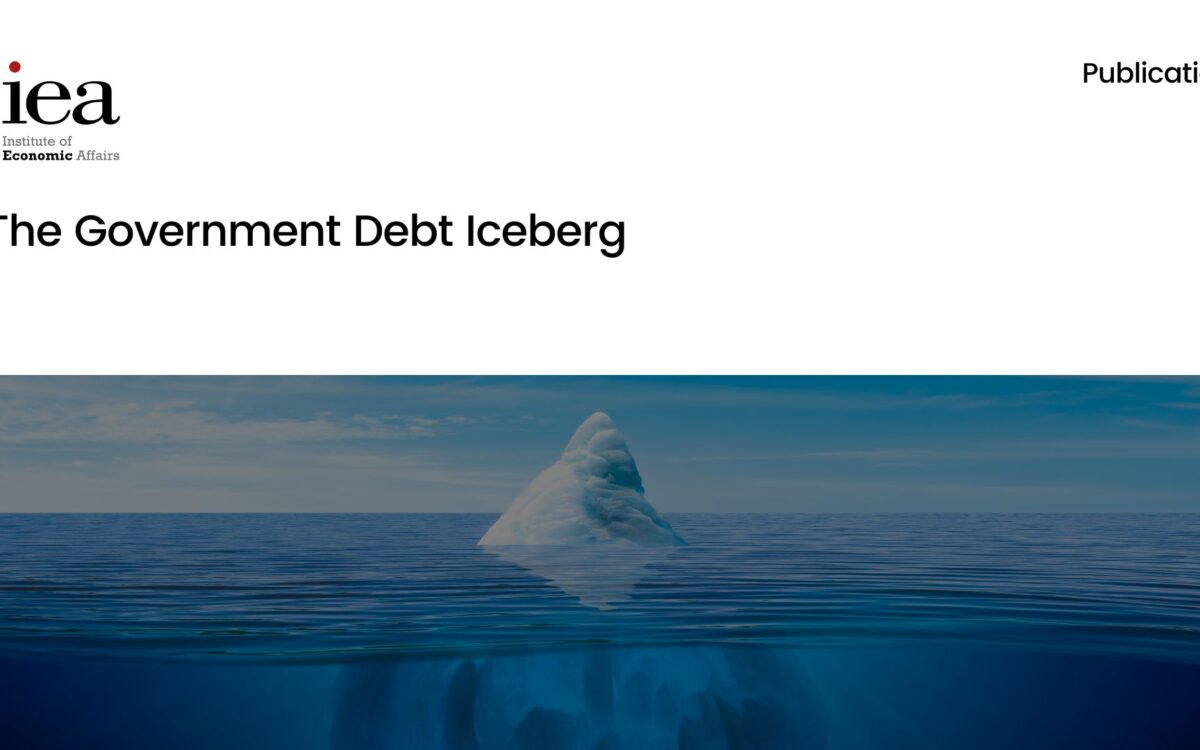June 7, 2018
The UK might appear to have the most to lose from Brexit if City firms find it harder to sell financial services into the EU. But London has actually consolidated its position as the world’s leading financial centre since the vote to leave, helped by strong signals that the UK at least will keep its markets open. The EU should follow this lead.

